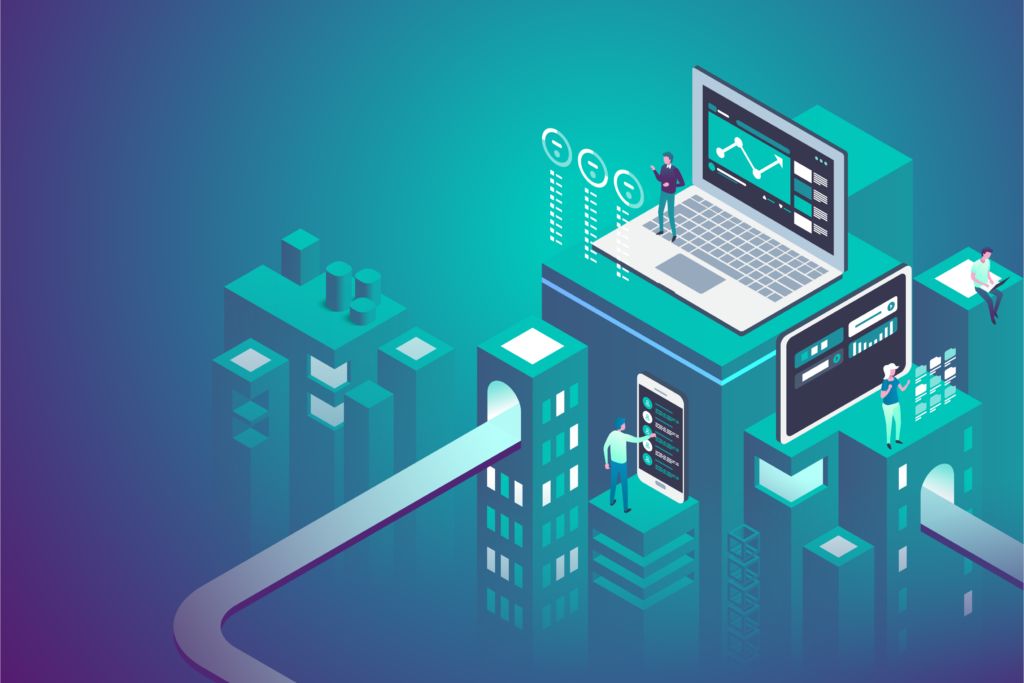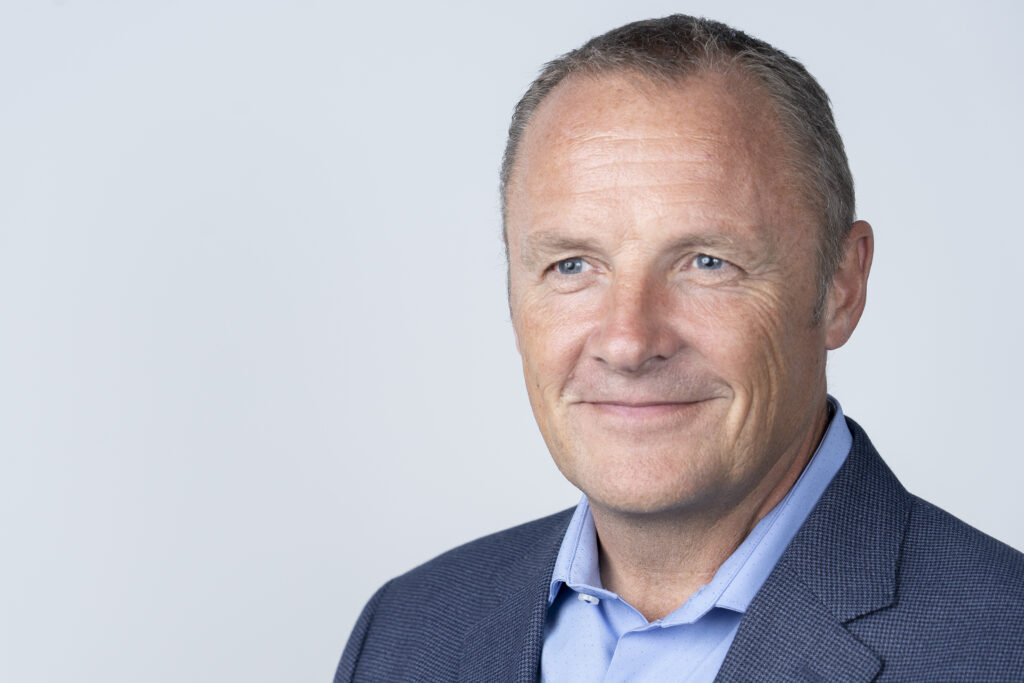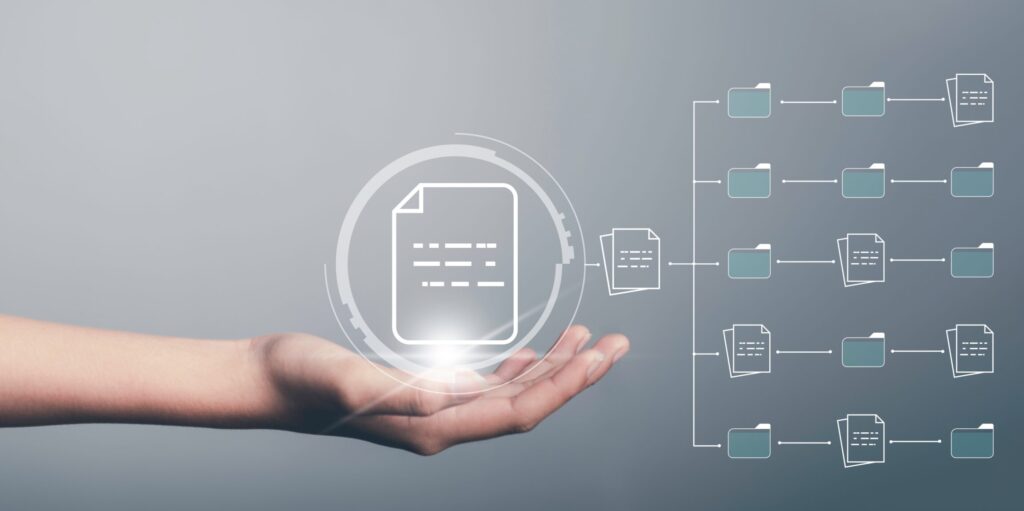
Traditional enterprise software categories are breaking down as organisations refocus on their customers. Should this alter our long-held views around ERP and the like? Christian Pedersen, Chief Product Officer for IFS, gives Digital Bulletin the answers.
Enterprise resource planning (ERP) is one of the most established software categories around today. Itself the product of a billion-dollar industry, ERP software provides the digital spine for organisations existing at scale and is an enabler for many critical business functions.
But as technology permeates deeper and deeper into business operations, the lines are blurring between ERP and other well-defined categories like CRM, enterprise asset and service management (EAM/ESM) and even industry-specific solutions such as MES, or manufacturing execution systems. In fact, some experts hold the view that in the not too distant future, software categories of this ilk will disappear completely.
One authority from this field of thought is Christian Pedersen. Active in the ERP market for nearly 25 years, Pedersen has seen it all: from helping to grow and sell an early ERP startup at the turn of the millenium, to leading ERP practice at Microsoft and working for sector behemoth SAP, the Dane speaks from a position of clarity when forecasting the future.
“I think these barriers will be broken down,” he explains to Digital Bulletin. “That by default will make it simpler and easier for customers, because we as vendors should provide them with solutions that they can adopt where they need them. It’s a positive for customers but I think it will challenge the providers.”
Pedersen’s argument is that, to the all-powerful customers, traditional software categories are artificial and are just terms invented and used by those inside the industry. As the shift to customer service excellence continues at its relentless pace, what will become the priority is the construction of perfectly-integrated business systems tailor-fitted to the client.
For that, a close relationship with every customer will be essential, according to Pedersen.
“We can only maintain our insights by being close to customers, because at the end of the day, it’s the customers that have the expertise in their industries. We can only constantly learn from that and bring that together with our insights on the technology side. It’s the coming together of what customers and businesses actually need, with the possibilities and opportunities that technologies bring.”

A company tackling this reality is IFS. Founded in 1983, IFS has long been the ERP vanguard for organisations who manufacture and distribute goods, maintain assets and manage service-focused operations. Its solutions equip more than one million users globally and Pedersen has been its Chief Product Officer since September 2018.
Brought in for his strong domain expertise and to steer the IFS product strategy, Pedersen naturally takes a keen interest in the the wider market’s roadmap. He believes three points of inflection have caused the convergence of different software categories and the consequent transformation
“Firstly we talk about the inflection point between business and technology, where technology allows completely new business models, that’s one element,” says Pedersen. “The other element of digital transformation is the inflection point between people and experiences; so the experience that people get when they come to work, that they feel the software and solutions they’re using are helping them do a better job.
“Then the final element is the inflection point between automation and efficiency. For decades, we as an industry have been focusing on making things better, more efficient, faster and so forth, but now we are starting to automate complete processes and roles.”
These are seismic shifts for any industry to contend with. Having already established the need to achieve customer-centrality in the changing ERP space, Pedersen and IFS are excited by the potential that technologies have to achieve new levels of service delivery that would recently have seemed impossible.
The area that we see super exciting is everything around digital twins
Pedersen is all too aware that to continue on the path towards truly integrated and bespoke business systems, IFS and other players must retain a pragmatic approach to technology development.
“We are completely open in our technologies,” he asserts. “We are native and open API-enabled at the core. We know that we have to work with not only other software packages but also IoT devices, industrial machines in the manufacturing plants and so forth. Therefore there are really three categories that we’re focusing on.
“We’re focusing on software, obviously as we have always done. We’re focusing on emerging technologies – what are the emerging technologies that are coming into play? And then we’re focusing on data. The ability to consume data from everywhere, but also the ability for us to provide the access to our data for many other systems, is essential. So those are the three categories of investment.”
The conversation turns to just exactly which emerging technologies Pedersen feels will drive the biggest change, and his response is definitive: it is through digital twins that he is adamant ERP systems of the future will be delivered.
Gartner defines a digital twin as “a digital representation of a real-world entity or system… an encapsulated software object or model that mirrors a unique physical object, process, organisation, person or other abstraction”. The value to ERP systems that incorporate physical and non-physical assets is obvious, with tangible business benefits from real-time insights and data in one place.
“The area that we see super exciting is everything around digital twins,” Pedersen reveals. “Being able to have real-time representation of what goes on directly in the ERP system is not only critical but it also opens up some phenomenal new scenarios. For instance, if you’re looking and working with a customer on sales engagements and other things, you would be able to immediately see the status of existing assets we may service for that customer. Digital twins are absolutely critical.”
Contextual intelligence – the ability to provide anybody performing a task in an organisation with relevant and live information – is also a clear ambition for IFS, as is the building of capabilities that fit with augmented and mixed reality, where use cases could prove valuable in its core verticals of aerospace & defence, manufacturing, engineering, construction and infrastructure.

On an even higher plane, ERP providers are racing to keep up in the development race around robotics, automation and advancements in artificial intelligence and machine learning. Again, Pedersen gives insights from the perspective of manufacturers.
“We have a situation where our future engineering and manufacturing plants may not be run by a person anymore but they may actually be a robot, so the user of the ERP system may be a robot,” he speculates. “This is an example of reversed augmented reality; where if the robot finds something that it doesn’t know what to do with, it can connect with a supervisor who can look through the eyes of the robot and maybe take action. It’s a very exciting evolution.
“In the context of automation, simulation becomes really important too – if we can actually simulate certain scenarios and see how these automation engines will react, that will impact directly how the business operates in the future. That type of simulation combined with the maximum powers of AI/ML is fascinating, challenging and it’s also scary.”
Scary and exciting, for sure, but Pedersen refuses to allow IFS to get swept up in the hype around buzzwords like AI – instead, the focus is centred on providing a more personalised, agile set of business systems to its customers, with these technologies as the silent forces beneath.
“You will not actually hear us go out and talk about having augmented reality, for example, we’ll just say that we now have remote support for our service technicians. It’s the same thing when it comes to automation and robotics – we will not talk about having an AI or ML offering, we will talk about how we have optimisation for the workforce. That’s the difference; we put all these technologies in context for our customers.
“We see it as our responsibility to serve our customers’ needs in their industry, end-to-end, be it with a classic ERP, be it with these emerging technologies or be it with different data sources.”
IFS has come a long way since its humble beginnings. The company was famously founded by a group of five Linköping University students who, when servicing its first client Barsebäck Nuclear Power back in 1983, camped outside its offices in a tent to save costs and work double shifts.
Now IFS’s main customer base is in the United States and it boasts more than 10,000 customers worldwide – with no camping involved. Pedersen, who is based in the US, is sure its upward trajectory is on course to continue.
“I think the future looks very bright for us – we have the right angle that is customer pragmatic and customer friendly. We’re just focused on doing the right things for the businesses we serve,” he concludes.


